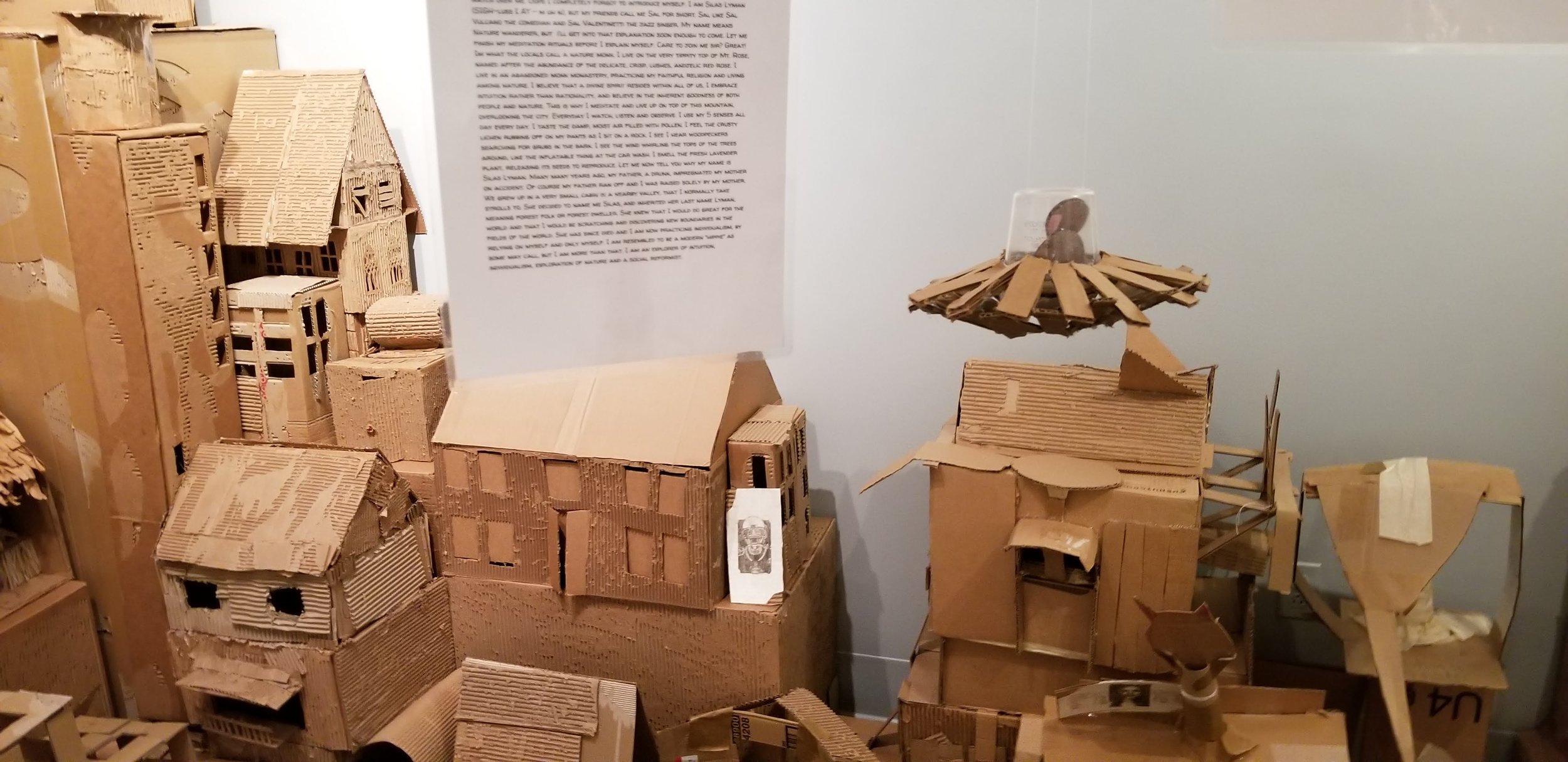The children entering kindergarten for the 2022-2023 academic year will only be 83-years-old in 2100.
They will live their lives in a world we cannot imagine. We must help them be ready for their future.
Workshops that Work
Samples from slide decks representing some of our work with schools across the United States and Canada
"Their actions took place in an ordinary public school district, which suffers from the same suffocating test and accountability educational policies applied in all American schools. They faced the same challenges of inertia, resistance, and the legacy of an outdated education paradigm as change‐seeking educators in schools all over the world do. They had the same concerns and anxiety as every change maker has: the lack of guaranteed success and acceptance of the planned changes. They understood the risks; they learned from others; they prepared themselves; and they took actions. They took “rapid, yet deeply considered actions to change the educational system we have inherited.” Yong Zhao, PhD, from his foreword to the book Timeless Learning
"EdSurge sat down with two of the Timeless Learning co-authors, Pam Moran, and Ira Socol, to better understand their argument, and ask what practical advice they have for teachers and administrators looking to transform schools. Moran is a former superintendent of the Albemarle School district, in Virginia, and Socol is a former school chief technology officer in Virginia. Between the two of them, they've probably seen more schools, more kids and more teachers than most people ever do in a lifetime." - EdSurge
"It's a game changer for school districts! " - Derek Smith, Assistant Principal, Ashburn, Virginia
"One of the key concepts from Pam and Ira that resonated with me was the idea of instructional and administrative tolerance. As they described it to us, instructional tolerance refers to what teachers are willing to tolerate from their kids: Is it okay if kids lie on the floor while they work? wear headphones to minimize outside distractions? collaborate and make noise? occasionally drift away on their laptops? and so on… Teachers exist on a continuum of instructional tolerance. As we administrators advocate for greater student collaboration, hands-on learning, technology infusion, real world projects, and student agency/ownership of their learning, these new paradigms of student work often run into many educators’ long-held notions about learning, student behavior, and teacher control. " Scott Mcleod











